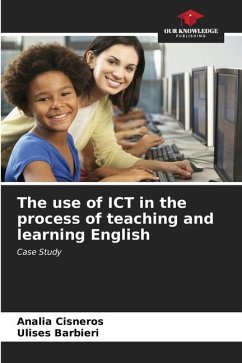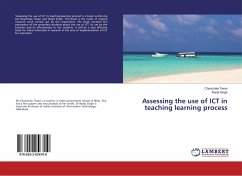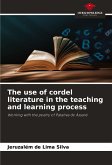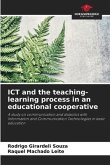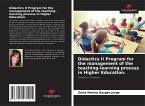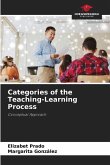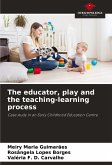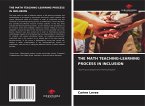Information and communication technology (hereafter ICT) has revolutionized many aspects of our lives for many decades, not only the field of business and health, but also the field of education has been affected by this phenomenon that is undoubtedly here to stay. Some researchers consider ICT as a powerful tool for educational change and reform (Jo Shang Fu, 2012). The integration of ICT in secondary schools can increase the quality of education by changing the ways of teaching and learning. Used effectively, technology offers an array of opportunities for teachers and students, of which the latter not only have the potential to achieve their goals and improve their learning ability, but also to promote their lifelong learning and prepare for a globally competitive workforce. English teachers working at the secondary level of education, through the use of technological devices, have the power to enrich and improve their classes and pedagogical objectives. In Argentina, different policies have been implemented regarding inclusion.
Bitte wählen Sie Ihr Anliegen aus.
Rechnungen
Retourenschein anfordern
Bestellstatus
Storno

